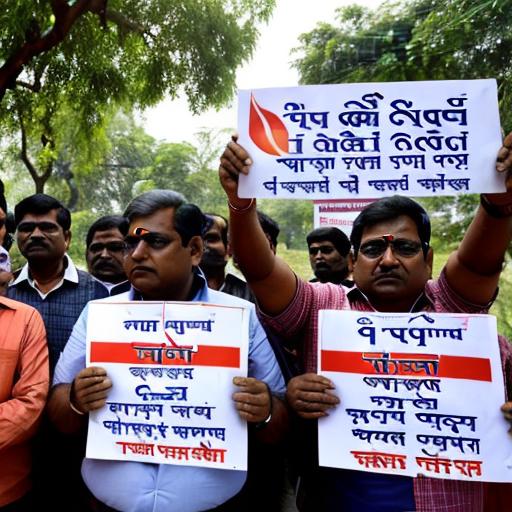Introduction:
In the vibrant tapestry of Indian democracy, the influence of Non-Resident Indian (NRI) voters has become an increasingly significant facet. As the world becomes more interconnected, the Indian diaspora scattered across the globe has emerged as a powerful force that can sway political outcomes back in their homeland. In this blog, we delve into the dynamics of NRI voters and their impact on Indian elections.
- The Numbers Speak: Understanding the NRI Voter Base: India boasts one of the largest diasporas globally, with millions of NRIs residing in diverse countries. The diaspora not only contributes significantly to the economies of their host countries but also remains deeply connected to their roots in India. Examining the sheer numerical strength of NRI voters reveals their potential to shape election results.
- Voting Rights for NRIs: Bridging the Distance: The Indian government has recognized the importance of NRIs in the democratic process by granting them the right to vote. Various initiatives, such as the introduction of proxy voting and electronic voting options for NRIs, have been implemented to overcome geographical barriers. These efforts aim to ensure that every eligible NRI voice is heard during Indian elections.
- Issues that Resonate Globally: The concerns and priorities of NRIs often differ from those of residents in India. Issues such as dual citizenship, ease of remittance, and the strengthening of diplomatic ties between host countries and India hold significant weight for NRI voters. Political parties keen on securing NRI support must address these concerns in their manifestos.
- Campaigning Beyond Borders: Political campaigns have transcended national boundaries, with candidates and parties recognizing the need to engage with the NRI community. Social media platforms, town hall meetings, and outreach programs have become essential tools for reaching out to NRIs. The ability to connect with this global audience can be a game-changer in electoral outcomes.
- Financial Contributions and Economic Impact: Beyond just votes, NRIs contribute substantially to political campaigns through financial support. Their economic impact extends to investments, philanthropy, and the potential to influence trade policies that benefit both the host countries and India. Recognizing the economic prowess of NRIs, political leaders seek to forge alliances that are mutually beneficial.
- Challenges and Criticisms: While the involvement of NRIs in Indian elections brings positive aspects, it is not without challenges. Questions of allegiance, potential interference, and the need for transparent processes in NRI voting have been subjects of debate. Striking the right balance between inclusivity and safeguarding the integrity of the democratic process remains a crucial task.
- The Shifting Landscape: As technology evolves and the world becomes more interconnected, the influence of NRI voters is likely to intensify. The Indian government and political parties must adapt to this changing landscape, leveraging technology, and refining policies to ensure that NRIs remain an integral part of the democratic fabric.
Conclusion:
The influence of NRI voters in Indian elections is a testament to the globalized nature of politics in the 21st century. Their ability to shape political narratives, contribute to campaigns, and influence policy decisions reflects the interconnectedness of the Indian diaspora with their homeland. As India continues to evolve, acknowledging and harnessing the power of NRI voters is crucial for a thriving and inclusive democracy.

